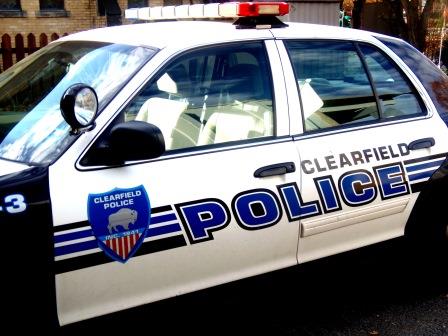Civil rights and voting organizations filed a suit Thursday challenging a Georgia law that affects voting in a hotly contested special election runoff in June.
The lawsuit alleges that a Georgia law prohibiting voters who weren’t registered in time for the special election from voting in the runoff violates federal voting law.
The case could affect the heated race between Democrat Jon Ossoff and Republican Karen Handel, who are running to replace former Republican Rep. Tom Price, who joined the Trump administration. Ossoff finished in an election this week just shy of the 50% threshold against a crowded field of Republicans, meaning he and second-place vote-getter Handel advanced to a runoff election on June 20.
But the lawsuit, brought by the Lawyers’ Committee for Civil Rights Under Law on behalf of five organizations, says that Georgia law requiring voters to have registered for the first round to vote in the runoff means that voters would have had to register by March 20 to vote in June.
The groups are seeking an injunction or restraining order from the court to immediately address the issue.
That law violates Section 8 of the National Voter Registration Act, the lawsuit alleges, which requires states to allow voters to participate in any election for federal office as long as they register at least 30 days prior. The primary requirement for the runoff goes far past that 30-day window, the lawsuit says.
Ezra Rosenberg, co-director of the Lawyer’s Committee Voting Rights Project, told reporters on a conference call that “untold numbers” of people could be stopped from voting in the June election.
Francys Johnson, state president of the Georgia NAACP, echoed Rosenberg, saying the interpretation of the Georgia law serves to disenfranchise Georgians.
“This is an important election, it has national implications and it is of great interest to our constituency here in Georgia,” Johnson said. “This election is a special election, but the tactics that the secretary of state and the state of Georgia are employing are anything but special. They are typical, and that is to make voting difficult, to make voting something that all Georgians cannot participate in, and we believe that flies in the face of both the letter and the spirit of the National Voter Registration Act.”
The groups say the Georgia special election shows the effects of the law are “serious and immediate,” requiring judicial attention.
Voting rights have been a highly contested area of law for years and intensifying after the 2016 election. While President Donald Trump repeatedly made baseless claims about voter fraud, voting rights advocates have countered that laws including voter ID legislation made it more difficult for minorities to vote in the election.
In 2013, the Supreme Court dealt a major blow to voting rights advocates by effectively striking down a part of the Voting Rights Act that required any changes to voting laws in certain states with a history of racial discrimination to be cleared before implementation. Since then, advocates have had to challenge laws in court while they are being implemented.
The lawsuit was brought by the Georgia chapter of the NAACP, the Georgia Coalition for the Peoples’ Agenda, ProGeorgia State Table, Third Sector Development, and Asian Americans Advancing Justice — Atlanta.



